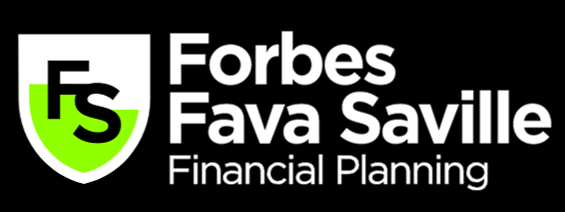
Salespeople and advertisers use tactics to pressure you to buy a product or sign up to a service. Knowing their techniques can help you avoid buying things you don’t need, or paying more than you should.
Sales techniques to watch out for
Salespeople and advertisers use a range of techniques to sell their products, particularly when they want you to sign up or purchase on the spot.
Watch out for:
A ‘one-time’ offer — a time limit on a deal that pressures you to buy something immediately for fear of missing out.
Claims of benefits — statistics or results from studies that may or may not be true.
Testimonials and reviews — stories and recommendations from ‘real’ people that sound believable.
Anything that is too good to be true — if something seems too cheap or too easy, perhaps there’s a reason (for example, poor quality or hidden costs).
Overly friendly or revealing — salespeople who tell you a personal story or that what they say is ‘the truth’ to gain your trust.
Making you feel guilty — salespeople who make you feel as though you’re doing the wrong thing by not buying something.
‘Free’ gifts or sign-up bonuses — incentives that rush you into making a decision or make it seem like you’re getting a good deal.
How to deal with a pushy salesperson
Take your time
If a salesperson is pushing you to buy something, tell them you need time to think it over. Keep repeating this until they agree. Ask for their contact details and tell them you’ll be in touch when you’ve decided.
Then take this time to do your own research and shop around. This is especially important for expensive items, for getting credit or finance, and for signing up to any long-term agreement.
Say no firmly
If you’re really not interested, or you have a bad feeling, just say no. If you are firm, a salesperson is less likely to continue pushing or contacting you.
You don’t need to explain why. Lots of salespeople will use pre-prepared responses to common reasons, and you might end up giving in to the pressure.
Check the business is legitimate
If someone is selling a financial service or financial product, or asking you to invest money:
- Check that they have an Australian financial services (AFS) licence on the financial advisers register.
- Read their Financial Services Guide so you understand what they’re offering.
For other products and services, the Australian Competition and Consumer Commission (ACCC) website can tell you how to identify a genuine business.
This is especially important if a company you’ve never heard of contacts you out of the blue.
Smart Tip
Beware if someone you don’t know asks for your personal details or offers you a loan. It could be a banking or credit scam or an investment scam.
Check the fine print
Before you sign a contract, such as a sales contract, loan contract or credit contract, ask for a copy to read before you sign it.
Read all the documents to make sure you understand any fees and charges and the terms and conditions. Check the interest rate, and whether there are any charges to exit the agreement.
Get verbal promises in writing
Some salespeople will say anything to get a sale. Ask for any verbal promises to be put in writing (in a contract or agreement) to avoid disputes later down the track.
Check the cooling-off period
If you sign up for something, ask about the cooling-off period (or check the contract). This period gives you time to change your mind and the option to cancel the contract or agreement.
There’s a 10-day cooling off period for telemarketing and door-to-door sales. Contact the consumer protection agency in your state or territory to find out the cooling-off periods for other types of sales and contracts.
Take action
There are laws that can protect you from salespeople contacting you, or misleading or deceiving you when selling a product.
Put a ‘Do Not Knock’ sticker on your door
Order a ‘Do Not Knock’ sticker from the Consumer Action Law Centre to prevent salespeople coming to your house.
Register on the Do Not Call Register
The Do Not Call Register is run by the Australian Communications and Media Authority (ACMA). By registering, you can reduce the number of telemarketing and research calls that you receive.
Make a complaint
If something goes wrong with a product or service you’ve paid for, contact the consumer affairs agency in your state. The ACCC has a list of consumer affairs agencies.
For problems with a financial product or service, find out how to complain to ASIC.
Report a scam
To find out about the latest scams or to report one, visit the Scamwatch website.
Source:
Reproduced with the permission of ASIC’s MoneySmart Team. This article was originally published at https://moneysmart.gov.au/budgeting/avoiding-sales-pressure
Important note: This provides general information and hasn’t taken your circumstances into account. It’s important to consider your particular circumstances before deciding what’s right for you. Although the information is from sources considered reliable, we do not guarantee that it is accurate or complete. You should not rely upon it and should seek qualified advice before making any investment decision. Except where liability under any statute cannot be excluded, we do not accept any liability (whether under contract, tort or otherwise) for any resulting loss or damage of the reader or any other person. Past performance is not a reliable guide to future returns.
Important
Any information provided by the author detailed above is separate and external to our business and our Licensee. Neither our business nor our Licensee takes any responsibility for any action or any service provided by the author. Any links have been provided with permission for information purposes only and will take you to external websites, which are not connected to our company in any way. Note: Our company does not endorse and is not responsible for the accuracy of the contents/information contained within the linked site(s) accessible from this page.


